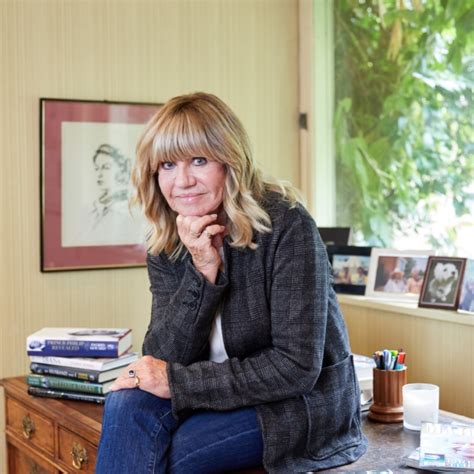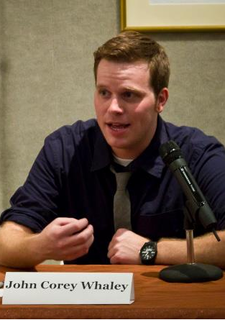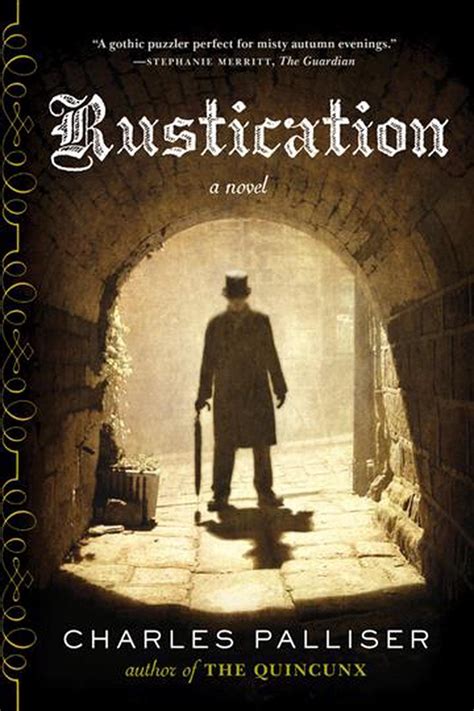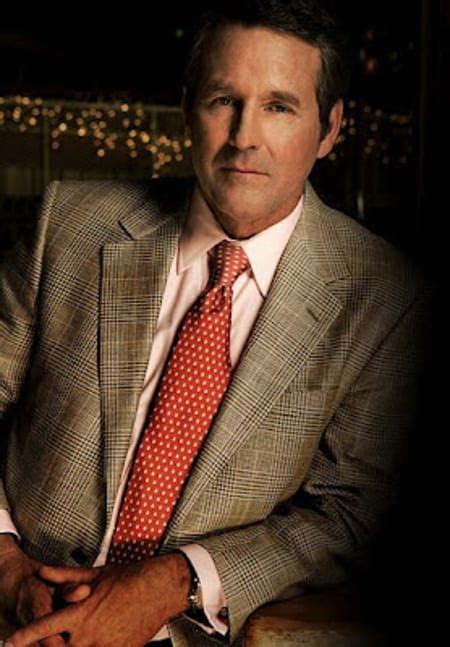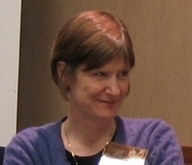A Quote by Daphne du Maurier
I could not ask forgiveness for something I had not done. As scapegoat, I could only bear the fault.
Related Quotes
Jesus never met a disease he could not cure, a birth defect he could not reverse, a demon he could not exorcise. But he did meet skeptics he could not convince and sinners he could not convert. Forgiveness of sins requires an act of will on the receiver's part, and some who heard Jesus' strongest words about grace and forgiveness turned away unrepentant.
But he could not taste, he could not feel. In the teashop among the tables and the chattering waiters the appalling fear came over him- he could not feel. He could reason; he could read, Dante for example, quite easily…he could add up his bill; his brain was perfect; it must be the fault of the world then- that he could not feel.
It was only my second night in Africa, yet something had begun to grow inside me which I could not stop, as if my childhood dreams had finally found the place where they could materialize. I had arrived where I was always meant to be. I did not know how it could be practically achieved, but I was certain beyond any shadow of a doubt that it was here that I wanted to live.
Eventually, I sickened of people, myself included, who didn't think enough of themselves to make something of themselves- people who did only what they had to and never what they could have done. I learned from them the infected loneliness that comes at the end of every misspent day. I knew I could do better.

